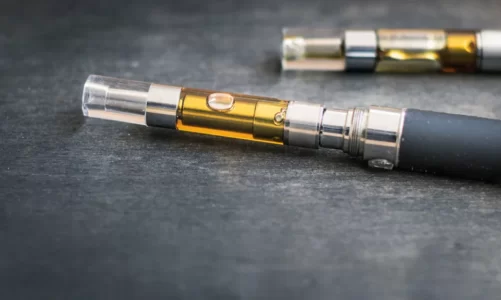Cocaine is a psychostimulant that makes the user feel happy and energized. The substance is mostly snorted as a white powder however, smoking or injecting it are other options. Due to the enjoyable effects of cocaine, most users need the assistance of a specialized rehab center to treat cocaine addiction. The most significant risk associated with cocaine abuse is a cocaine overdose, which occurs along with other long-term physical effects. Every year, roughly 15,000 Americans die from cocaine overdoses. Irregardless of whether you directly know somebody who uses cocaine, being aware of the warning signs & symptoms of an overdose might help save a life.
The Signs and Symptoms of Cocaine Addiction
Cocaine abuse causes several physiological changes in the human body because of its strong stimulant characteristics. These effects may spiral out of control and cause an overdose when taken in excess. A cocaine overdose causes the body and brain to become so overstimulated that typical side symptoms, such as an accelerated heart-beat rate, may be fatal if left untreated.
The following warning signs and symptoms are associated with cocaine overdose:
- High blood pressure
- Faster heartbeat
- Irregular heartbeat
- High fever
- Vomiting
- Sweating
- Anxiety
- Trembling
- A stroke
- Convulsions
- oke
Many factors are considered to effectively predict the risk of an overdose. These include the user’s general health as well as the sample’s purity and method of ingestion. Be cautious since cocaine overdoses can even kill first-time users.
How to Handle a Cocaine Overdose Case
Recognizing the warning symptoms and warning signs of a cocaine overdose and learning what to do, could make you capable of saving the lives of people you care about. Here are some things you can do in case of an overdose:
Call 911
Seeking prompt medical professional help is the best way to handle a cocaine overdose and prevent possibly catastrophic consequences.
Hold on to your phone!
While using an illegal drug like cocaine, it’s common to feel anxious about receiving help, but the person you’re with needs you. Follow the directions of the 911 operator while you’re still on the line.
Turn the patient to the side
If the patient is throwing up or having a seizure, turn them over on their side. This will prevent them from choking from their own vomit and will keep their airways open.
Maintain your cool
Do your best to maintain composure. Follow the 911 operator’s instructions. Because the user’s seizure activity has temporarily stopped, you shouldn’t assume it has ended. If you don’t get quick medical help, their seizures can resurface. As soon as help arrives, the medics will treat the patient, monitor their vital signs, and, if required, take them to a hospital. Almost sure, they’ll ask you whether you’ve ever taken cocaine. Answer these questions truthfully while providing as much info as you can. This information may be able to rescue them. Although it is understood that an overdose might be a wake-up call for some people, you shouldn’t wait for this to occur before getting help either for yourself or a beloved one. At Skyward Treatment Center in Dallas, Texas, our mission is to assist people in overcoming their addictions and regaining control over their lives.




